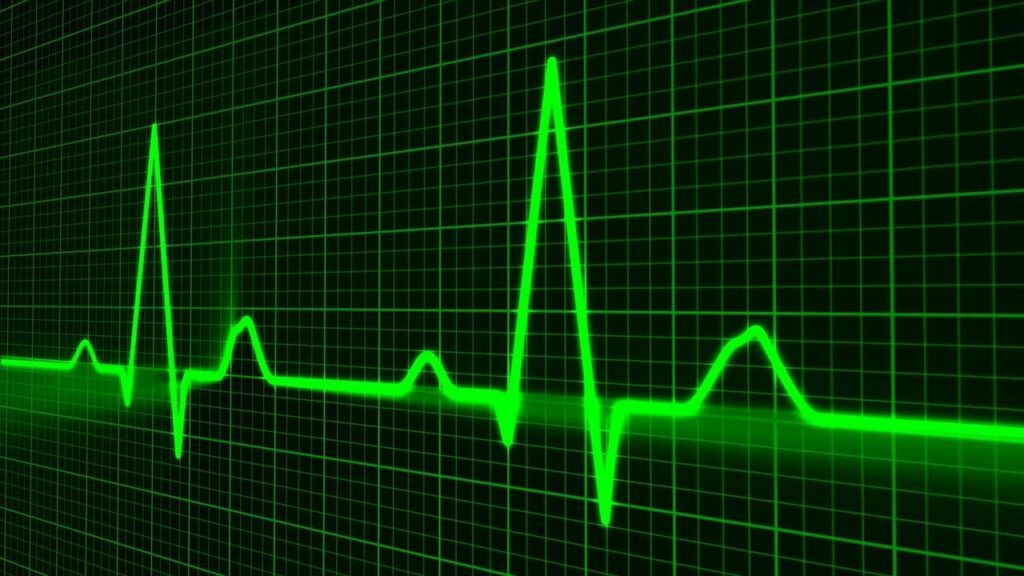
About 162 000 of the 715 million heart attacks that occur in America each year are deadly. Nearly half of people who pass away do so unexpectedly before reaching a hospital.
Although having a heart attack might be terrifying, by learning the symptoms and what to do, you can potentially save someone’s life, including your own. A clot in one of the heart’s arteries unexpectedly limits blood supply to the heart during a heart attack, and the heart muscle starts to die within minutes.
The term “myocardial infarction” officially refers to the death of the heart muscle. The harm increases as longer time goes by without receiving therapy. A heart attack causes a portion of the heart to die, which cannot be replaced or repaired.
Who Is at Risk
Many people mistakenly believe that heart attacks are a “man’s problem,” although heart disease is the No. 1 cause of death for both men and women in the US. After the age of 45, the risk of heart attack in men significantly rises. In the years following menopause, heart attacks in women are more likely to happen (usually after the age of 50). However, heart attacks can also strike younger people.
In addition to age, the following factors raise the chance of a heart attack:
- a previous heart attack or procedure to open up the coronary arteries
- Family history of early heart disease (father or brother diagnosed before age 55, mother or sister diagnosed before age 65)
- diabetes mellitus
- high blood cholesterol
- high blood pressure
- cigarette smoking
- overweight
- physical inactivity
Consult your doctor to learn how to lower your chance of having a heart attack if you have 1 or more of these risks.








